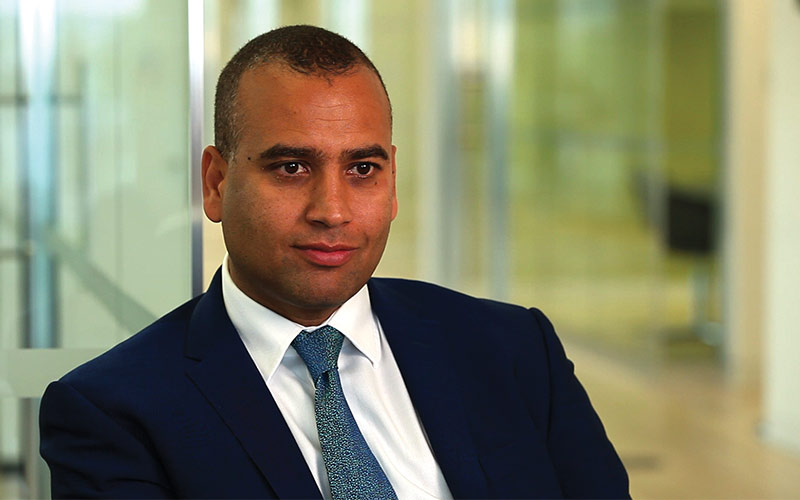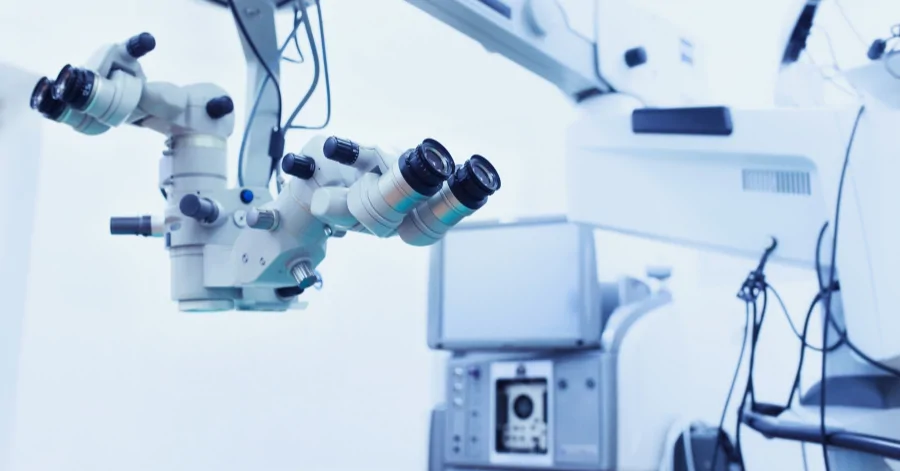
Sadly, bias and discrimination remains a very real and lived experience for many people – yes, even in 2021 and even in so called ‘developed’ western societies.
Non-Executive Chair at Amoria Bond, RecBid and Get-Optimal, Gary Elden, OBE for services to diversity in business and former CEO of FTSE company S-Three, recently discussed his own experiences of racial discrimination and bias with Natasha Crump on the Progressing Lives Everywhere podcast. He shared examples of how both conscious and unconsciousness turn up in everyday situations like getting access to a club or bar depending on how dark your skin is, and cautions those who don’t believe racism is still an issue that it’s real, it happens every day; acknowledging that unless you experience it you might not notice it.

Gary’s experiences have spanned his personal and professional life, but he’s the first to admit that he’s not always got it right himself and having built teams in the past that looking back weren’t as diverse or inclusive as I thought they were.
In the podcast, Gary was clear in his belief that businesses and governments have a responsibility to take meaningful action in order to make sustained and real change happen. He also warned against the inadequacy of box-ticking D&I strategies and passionately articulated the need for meaningful D&I reporting and the vital importance of accountability in moving the dial toward creating truly inclusive and equitable workplaces and cultures.
How to identify and remove unconscious bias
There are a range of opinions about how businesses can most effectively and sustainably address unconscious bias in the corporate culture and empower all employees in a truly inclusive working environment. Unconscious bias training has become an increasingly controversial topic. But many E,D&I specialists, including Joanna Abeyie, MBE for services to Diversity and Katie Howard-Cross, tend to agree that educating employees to understand bias and enabling them to identify their own bias is an essential part of what must be an ongoing and evolving process. And Gary echoes that view: discrimination is with us every day, even if we don't realise it ourselves. Only once people understand that unconscious prejudice exists can they take action to overcome it.
So, organisational learning and development have an essential part to play in moving the needle and accelerating workplace – and societal – change. From webinars and online courses to group training, 121 coaching and facilitating open peer-to-peer discussion groups like Amoria Bond’s Let’s Talk sessions, there is a huge range of options available. And it’s important to embrace that range because we all have different learning and communication preferences and absorb information at different speeds. It is empowering to help people identify their own biases and then to show them ways to monitor and control associated behaviours and responses.
Why it’s important to talk to people who are different to you
As Gary points out, talking matters! If issues or misconceptions go unsaid, they are all too often swept under the carpet and while everything seems fine on the surface, the "underground racism" (-sexism, ageism etc.) is still present.
Finally, this tip brings to light the importance of a diverse and inclusive workplace: the more diverse the people in a team, the greater the likelihood of engaging in conversation with diverse people to learn from each other and remove barriers! So as an employer, always make sure to hire in a balanced way - regardless of difference.
Why accountability matters in achieving diverse, inclusive workplaces
Another important criterion, Gary says, is also that as a company you don't just record what diversity & inclusion actions you take. While some proudly publicise their D&I ‘credentials’ via every available channel, what they have actually implemented and achieved is often vague and intangible. So, set fixed actions, communicate clearly, and most importantly, implement them demonstrably: Openly share your D&I commitments, actions and their impact with a show not tell approach. And be honest when you get it wrong – because you almost certainly will make mistakes. Don’t try and cover them up – acknowledge them, say sorry, learn from them and make changes to avoid repeating them.
At Amoria Bond, we do this through the Diversity and Inclusion Charter, of which we are a proud founding partner signatory. By doing so, we publicly committed to driving positive, sustainable change through specific action-led commitments. One year later, in 2021, we went one step further as a global company and also signed the German version of the charter, the “Charta der Vielfalt” and are founding members of Programme One.
Like Gary, we encourage all companies to hold themselves accountable through signing a public commitment lie the D&I charters - there are already 4,000 companies in Germany that have made a public commitment through the Diversity Charter and thus work openly against discrimination and unconscious bias. Join them and make change happen, today.

Contact us if you are you looking to hire and want to have access to diverse global candidate pools to help your business succeed.
Or are you looking for your next sales role position in an inclusive, values-driven recruitment company? Then get in touch today - we look forward to hearing from you!
Listen to Gary’s podcast here!





